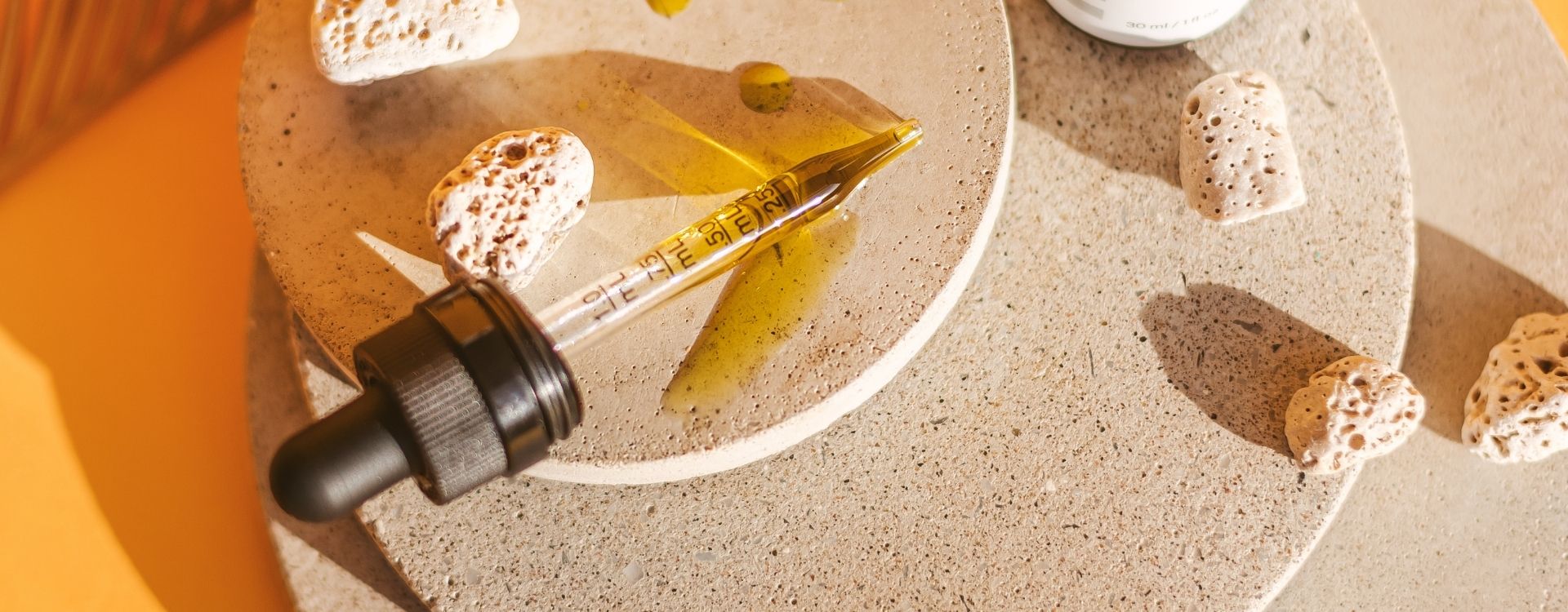The history of drugs in America for both recreational and medicinal purposes is an interesting tale and one that may explain negative connotations associated with these substances. So before we can answer the question about whether CBD can get you high or not, let’s go back in time to look at what led to this question in the first place.
Let us take a minute to look at the government history of taking over the regulation of drugs:
1909 – The first Federal Law was passed to ban a non-medical substance. The Smoking Opium Exclusion Act prohibited the possession, import, and use of opium for smoking.
1914 – Congress passed The Harrison Act, which regulated and taxed the production, importation, and distribution of opiates and cocaine.
1919 – The 18th Amendment was ratified, banning the making, transportation, and sale of alcohol, ushering in The Prohibition Era. This Era would last until 1933 when the law was eventually overturned.
1937 – The Marijuana Tax Act was passed. There was no criminal penalty associated with this legislation. The tax on the sale of cannabis carries a fine of up to $2000 and 5 years of prison time for non-compliance.
1970 – The 70s were the start of the infamous “War on Drugs” coined by the Federal government. The Controlled Substances Act passed in 1970 separated drugs into categories based on how harmful and addictive they were thought to be. There are five categories, with “1” being classified as the most dangerous and “5” as the least harmful. Cannabis was placed as a Category 1 substance, solidifying the public’s view that it was an extremely harmful and addictive substance.
1980 – The Federal government started the “Say No to Drugs” campaign. The campaign was targeted towards elementary-aged children mostly but was widely embraced by the nation as a whole.
1990 – With the discovery of the endocannabinoid system (ECS), high incarceration rates across the nation for non-violent drug offenses, and healthy lifestyle alternatives becoming more popular, the U.S. started to push back on the draconian Federal government drug regulations. The public was looking to revisit the merit of these laws in light of the growing data and science surrounding the actual effects and potential danger of certain substances.
Cannabis was one of the substances that was given a second look. The cannabis plant has carried with it a negative stigma for decades. When people used to think about the idea of someone being “high,” it conjured up the vision of an individual who was glassy-eyed, walking around in a fog, and being generally detrimental to society. This stigma and generalization is not an accurate depiction of the majority of people who use cannabis. Even still, after years of the stereotype being perpetuated in modern culture, it has proven difficult to shift the narrative around cannabis.
Why CBD Does Not Get You High
The cannabis plant comes in many varieties, and they are full of hundreds of cannabinoids. Research has found that the human body creates endocannabinoids, which are neurotransmitters sent out from the brain to connect with receptors found throughout the peripheral and internal nervous system. These completed connections help to smoothly regulate many bodily functions, including mood, appetite, digestion, sleep, inflammation, and the immune system. The body also produces enzymes that break down some of these neurotransmitters before they can complete the connection. Adding plant-based cannabinoids into the body allows the nervous system to maintain stability and heightens homeostasis.
The marijuana plant produces THC, which is the compound that causes mind-altering effects, or the “high” as it’s most commonly associated with. It’s a compound that remains illegal in many states. Fortunately, a cousin of the marijuana plant is the hemp plant. In 2018, hemp plant cultivation that produces less than .03% of the THC compound became legal in all 50 states.
The hemp plant contains the cannabinoid oil CBD. Unlike its cousin THC, CBD oil does not contain any psychoactive properties, so there is no “high” associated with its use. CBD is also safe to use in large doses, has few to no side effects, and is non-addictive. Being that CBD is so safe to use, the positive feedback and therapeutic benefits of the compound has led to an increase in usage across the country and has helped spur a movement into the natural supplement market.
How to Incorporate CBD Into Your Life
The opportunity and access to a natural substance capable of delivering so many positive health benefits is a huge step forward for both breaking the stigma surrounding cannabis, and providing people with an all-natural remedy to their common ailments. Adding CBD to your supplementation routine can be a very beneficial addition. We suggest always consulting with your doctor or physician before beginning any supplement regimen to ensure it is safe for you to take and won’t interact negatively with your current medications. It’s also essential to find a CBD company that partners with a reputable, independent third-party lab that certifies the product – so you know the quality and quantity are consistent.
CBD Delivery Systems and Final Considerations
CBD oil extracted from the hemp plant is available in many different delivery systems for your convenience and personal preference. Sublingual oils and CBD oral sprays are fast-acting forms of CBD you can spray in the mouth or put directly under the tongue to enter the bloodstream for quick results. CBD Softgels or edibles go through the digestive system, taking longer to feel the effects, but allowing for a longer-lasting result. Topical creams can be rubbed onto a specific location on the body.

